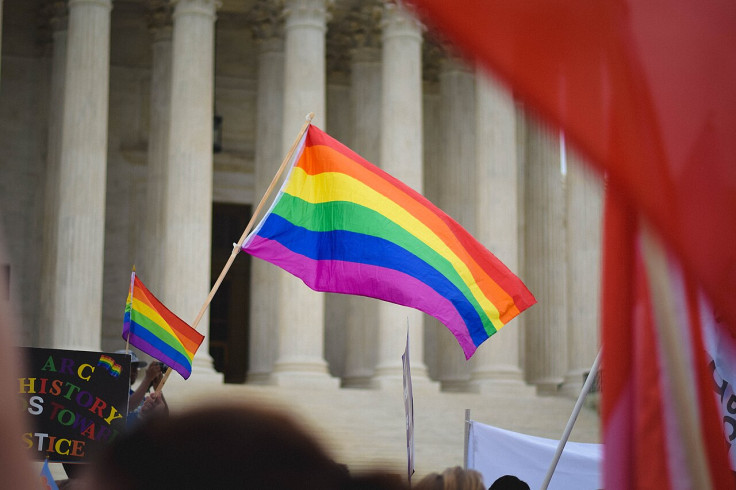Faith vs Freedom: Kentucky Case Could Reignite America's Gay Marriage Culture War
The appeal to reconsider 'Obergefell v. Hodges' creates fresh uncertainty over marriage equality in the US.

The US Supreme Court is preparing to decide whether to revisit the landmark ruling that legalised same-sex marriage across the country, in a move that could reignite one of America's fiercest social debates.
The justices are expected to consider the appeal of Kim Davis, the former Kentucky county clerk who gained notoriety in 2015 for refusing to issue marriage licences to same-sex couples. Her case does more than challenge her personal liability — it asks the Court to reconsider Obergefell v. Hodges, the ruling that granted same-sex couples the constitutional right to marry.
If the Court agrees to hear the case, it could set the stage for a new legal battle over marriage equality nearly a decade after it was first recognised under US law.
Who is Kim Davis and What's At Stake?
Davis served as county clerk in Rowan County, Kentucky. She gained widespread attention in 2015 when she declined to issue marriage licences to same-sex couples David Ermold and David Moore, citing her personal religious beliefs. Her bold stance emerged just after the significant decision in Obergefell v. Hodges.
Davis' refusal sparked a legal showdown with the federal courts. A judge ruled her in contempt of court, leading to her brief detention for several days due to her noncompliance with the order to issue licences. Her actions ignited a significant discussion throughout the United States, garnering solid backing from advocates of religious freedom while facing backlash from supporters of marriage equality.
Today, her appeal focuses on two connected assertions. First, she ought to be protected from personal liability under the First Amendment's free-exercise clause for acting in accordance with her conscience as a public official. Second, she believes that Obergefell was wrongly decided. Her legal team argues that the precedent has no basis in the Constitution and should be overturned.
If the Court grants review, it raises questions about the extent of its implications. Certain analysts suggest that the justices could focus the case on the issue of religious exemptions for officials, rather than directly addressing the matter of marriage equality.
Davis' appeal has already faltered in the lower court. This year, the Sixth Circuit rejected her free‑exercise defence on the basis that she acted in her official capacity. This meant that her personal beliefs did not exempt her from performing her public duties.
Broader Context of Same‑Sex Marriage in the US
The 2015 ruling in Obergefell represented a pivotal turning point. The Court held that under the Fourteenth Amendment, states must licence and recognise same‑sex marriages.
Since then, the number of same‑sex married couples has more than doubled, with estimates ranging between 820,000 and 930,000 in recent years. Public support for same‑sex marriage has remained strong, with a recent poll indicating it is approaching 70%.
However, underlying concerns have emerged among legal scholars and advocacy groups regarding the sustainability of rights established in earlier Court rulings, particularly following the overturning of Dobbs v. Jackson Women's Health Organisation in 2022.
On the other hand, the Respect for Marriage Act, passed by Congress in 2022, requires the federal government and states to recognise marriages performed in other jurisdictions. But it does not prevent the Supreme Court from reconsidering Obergefell.
© Copyright IBTimes 2025. All rights reserved.





















